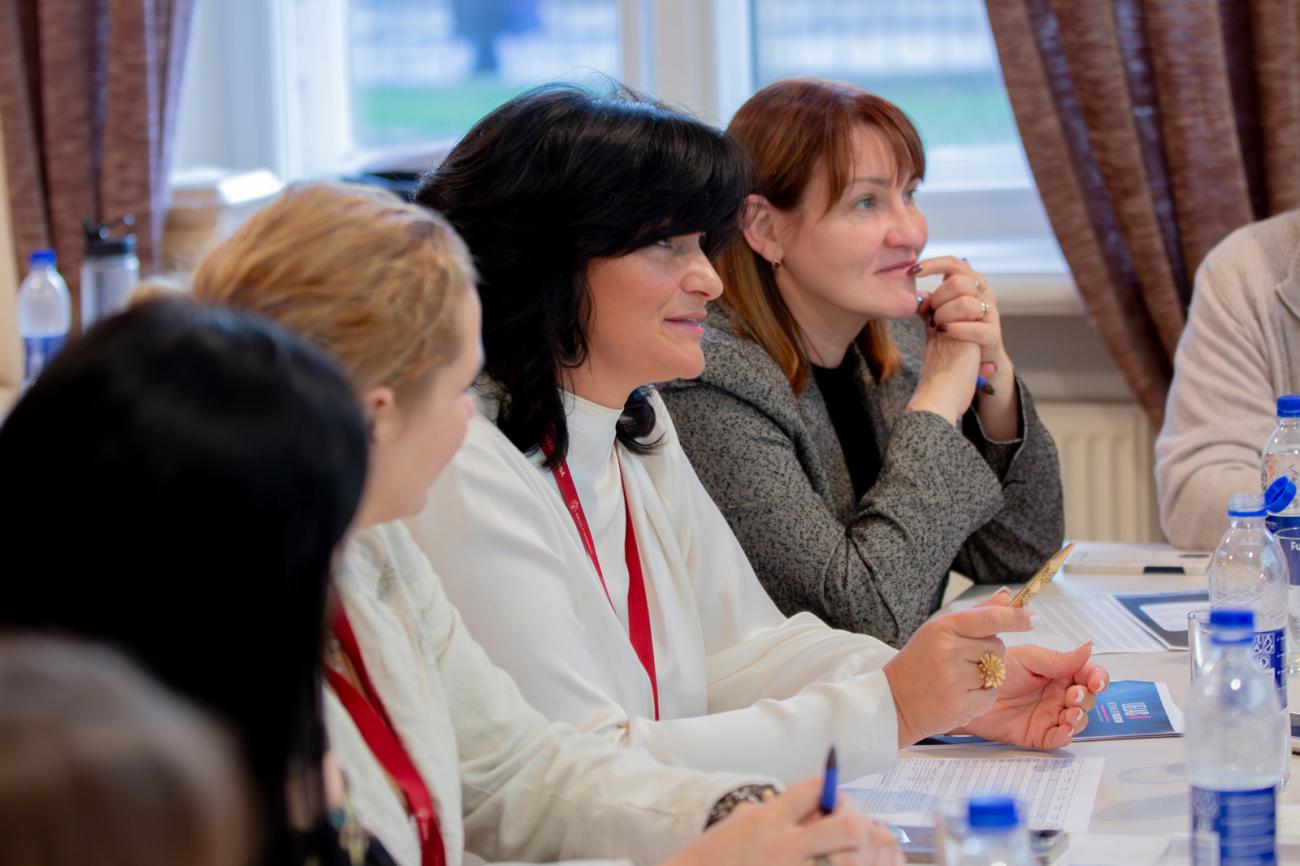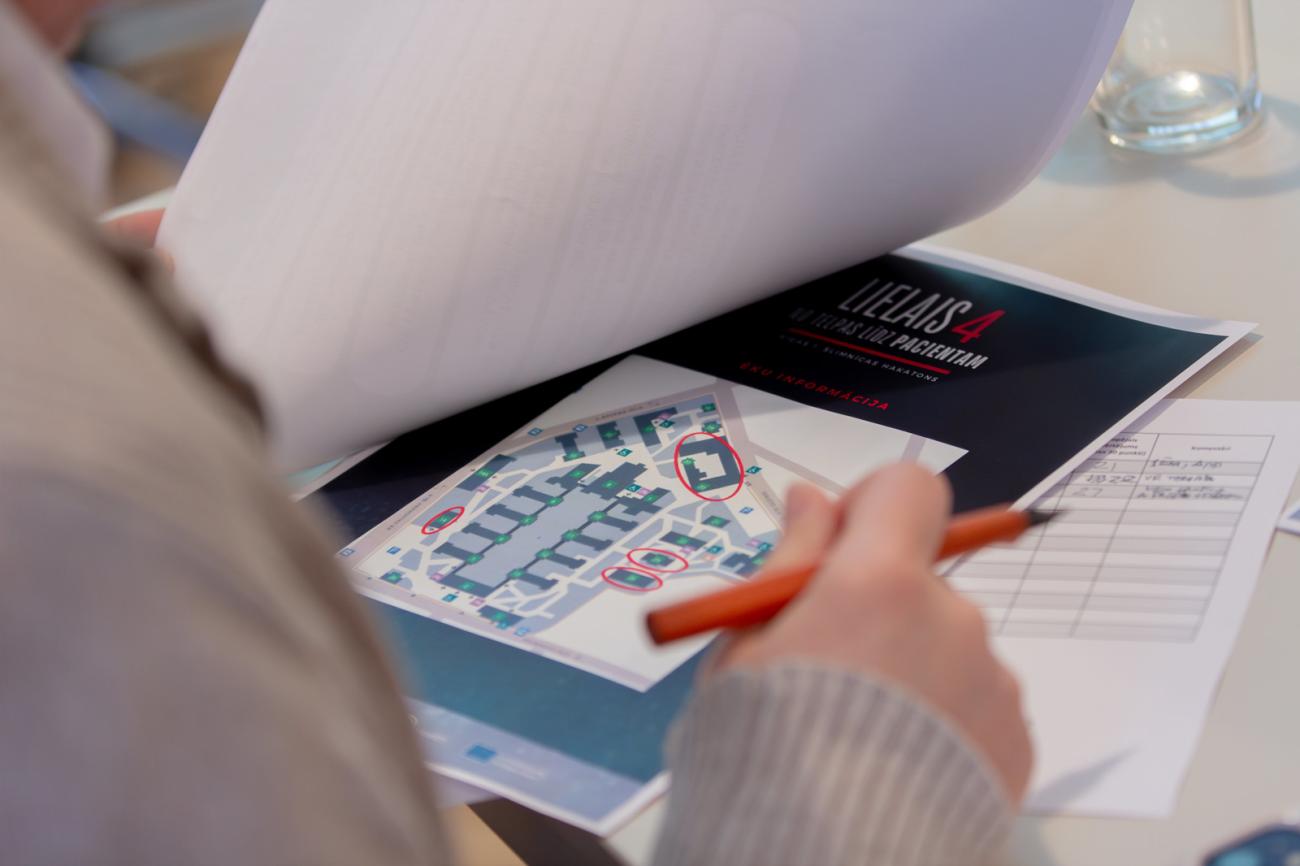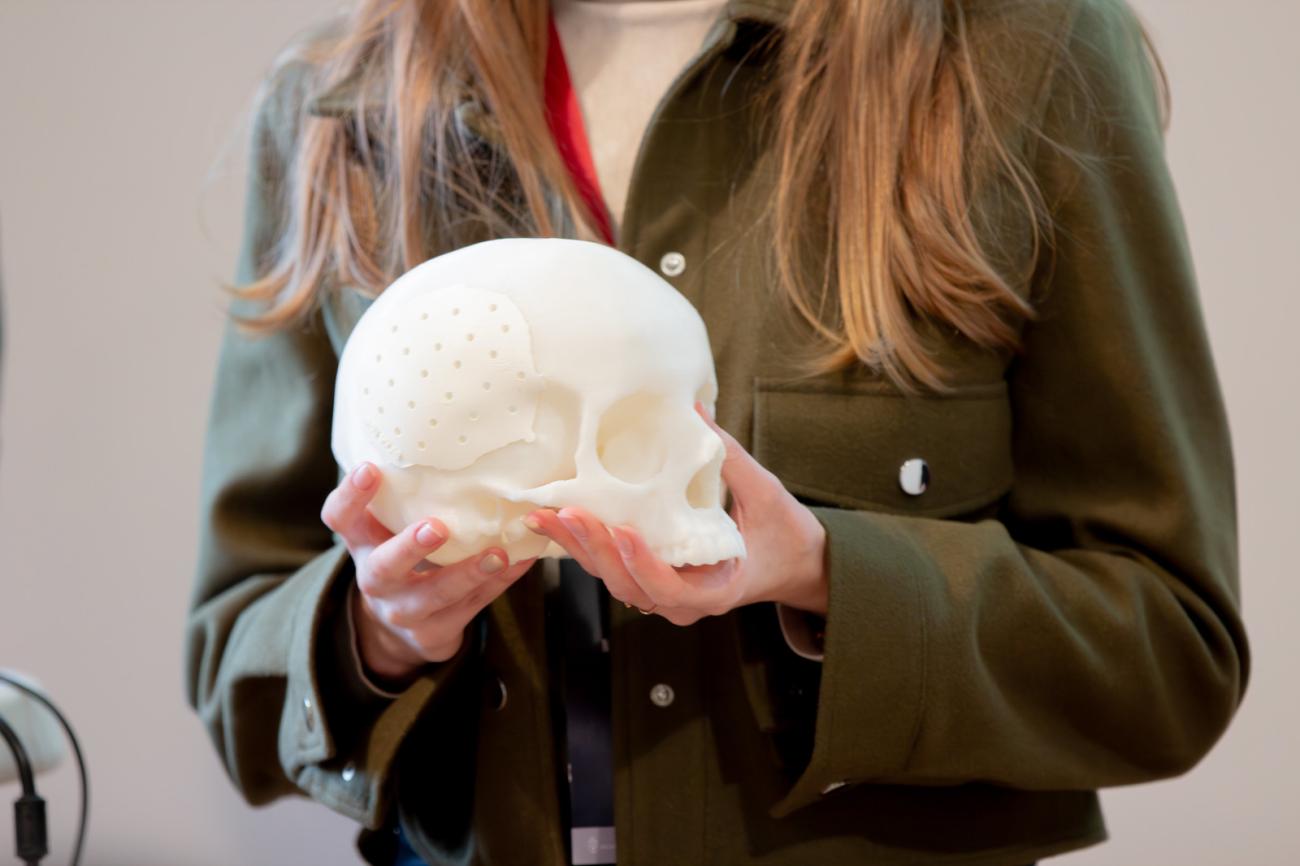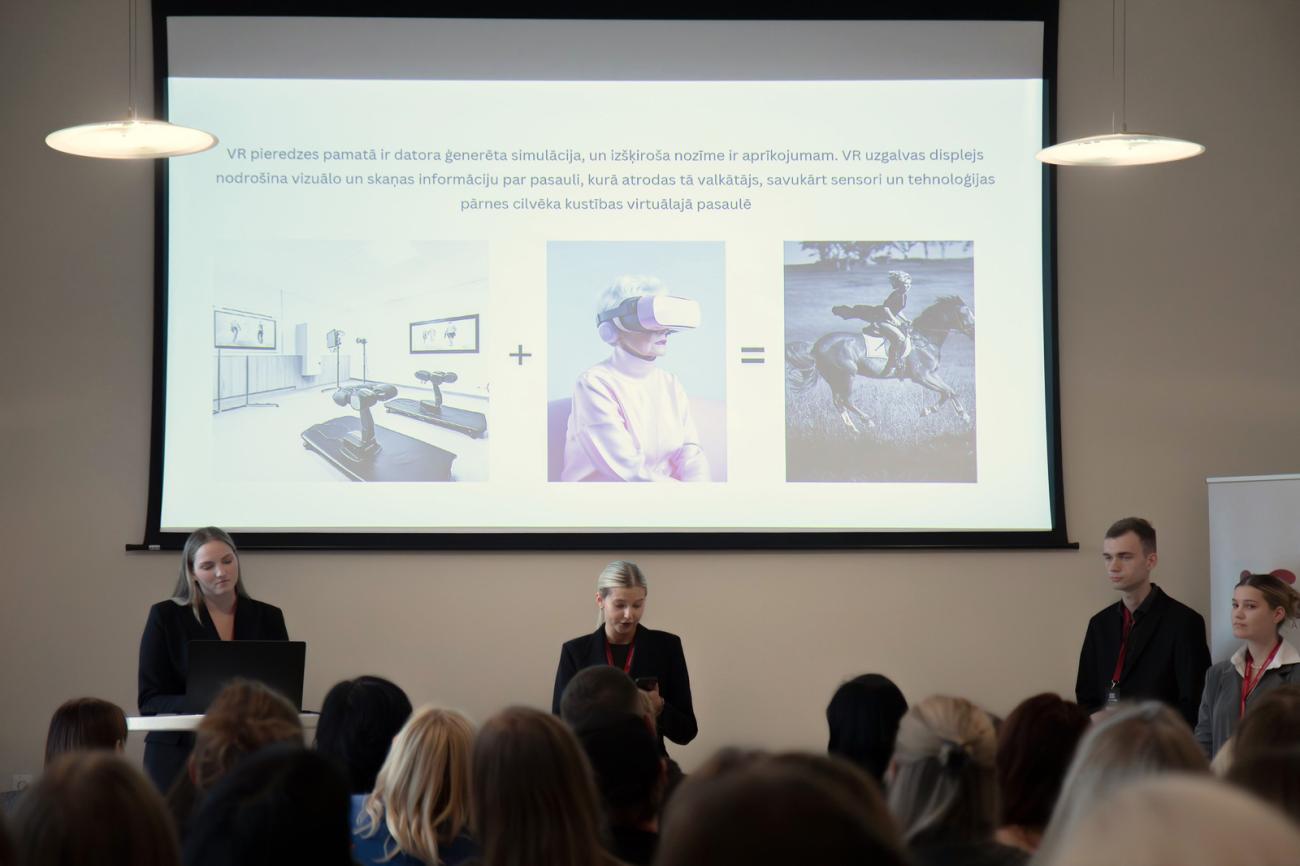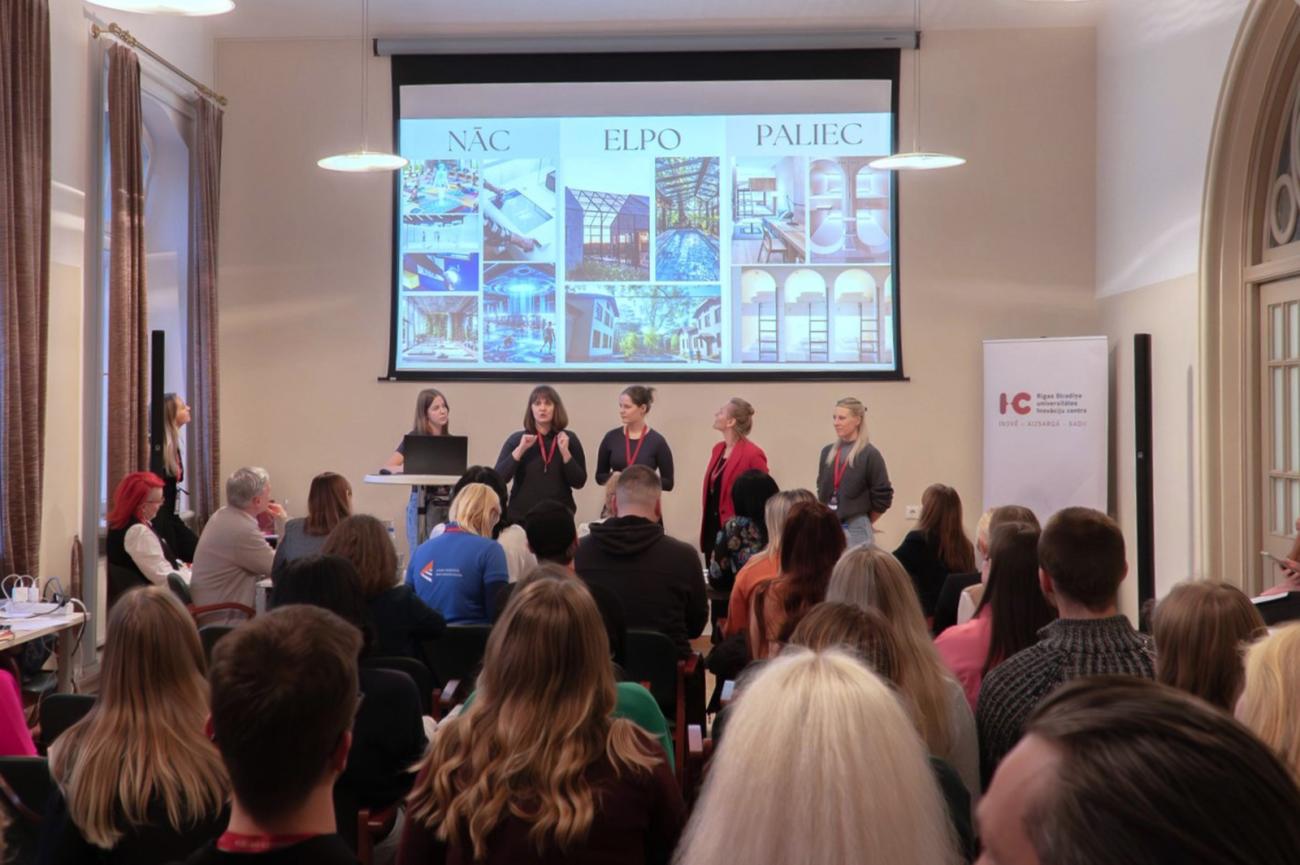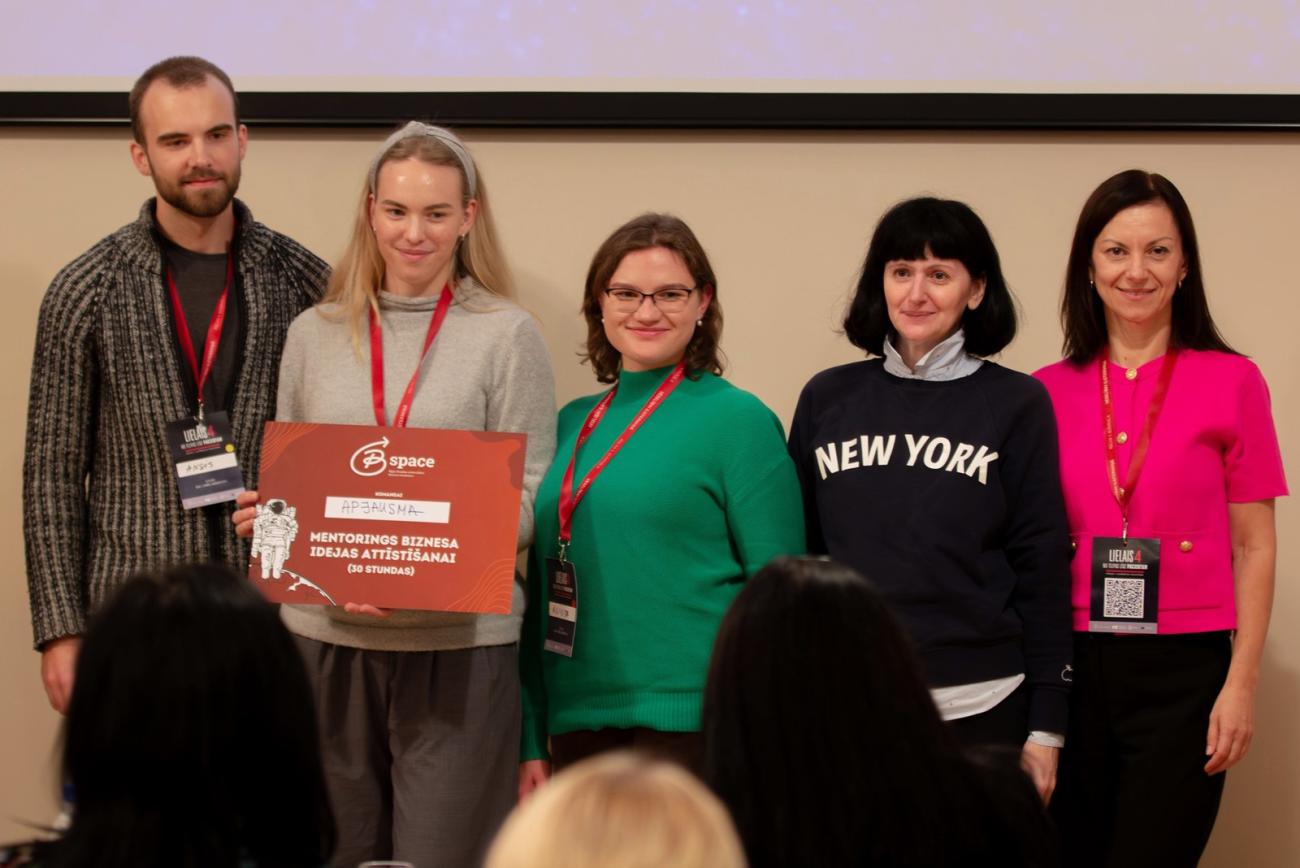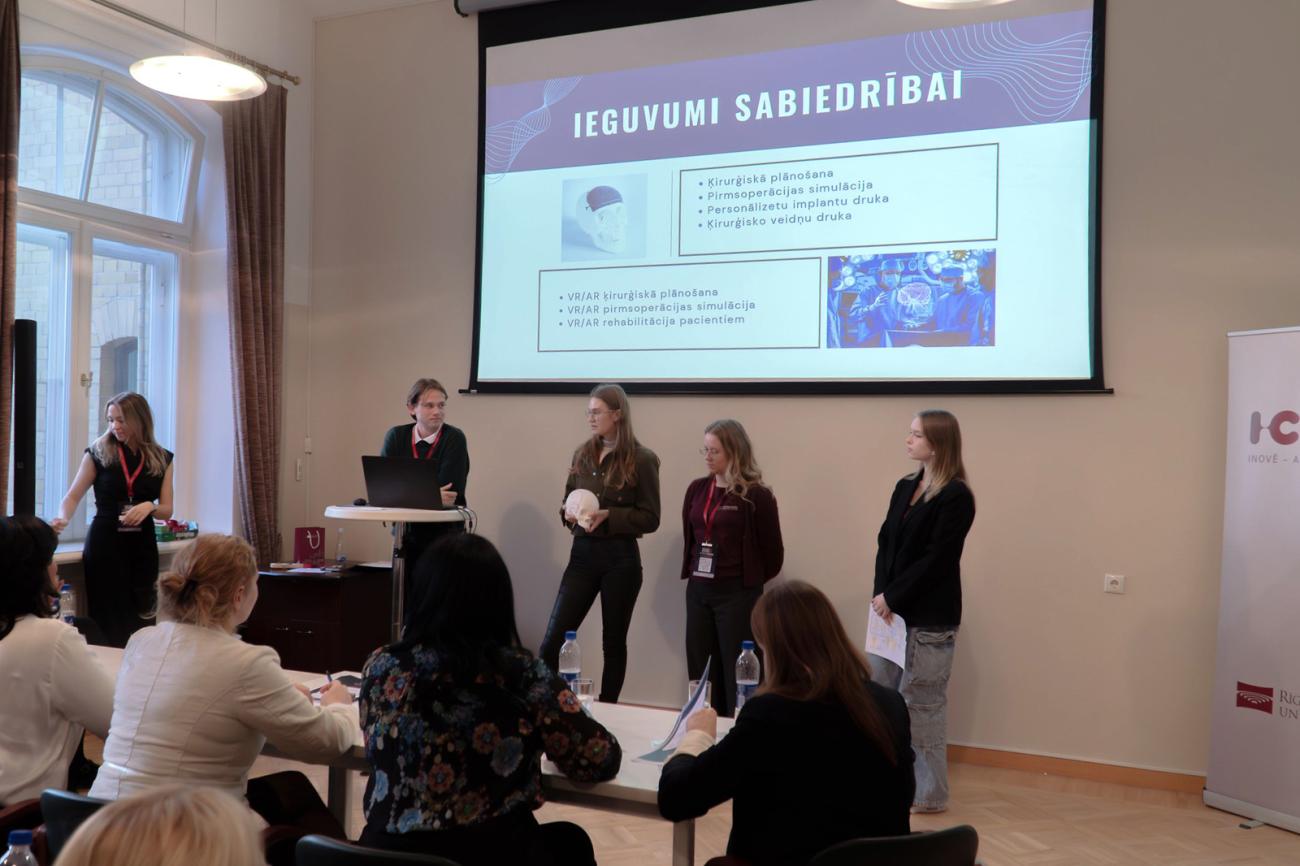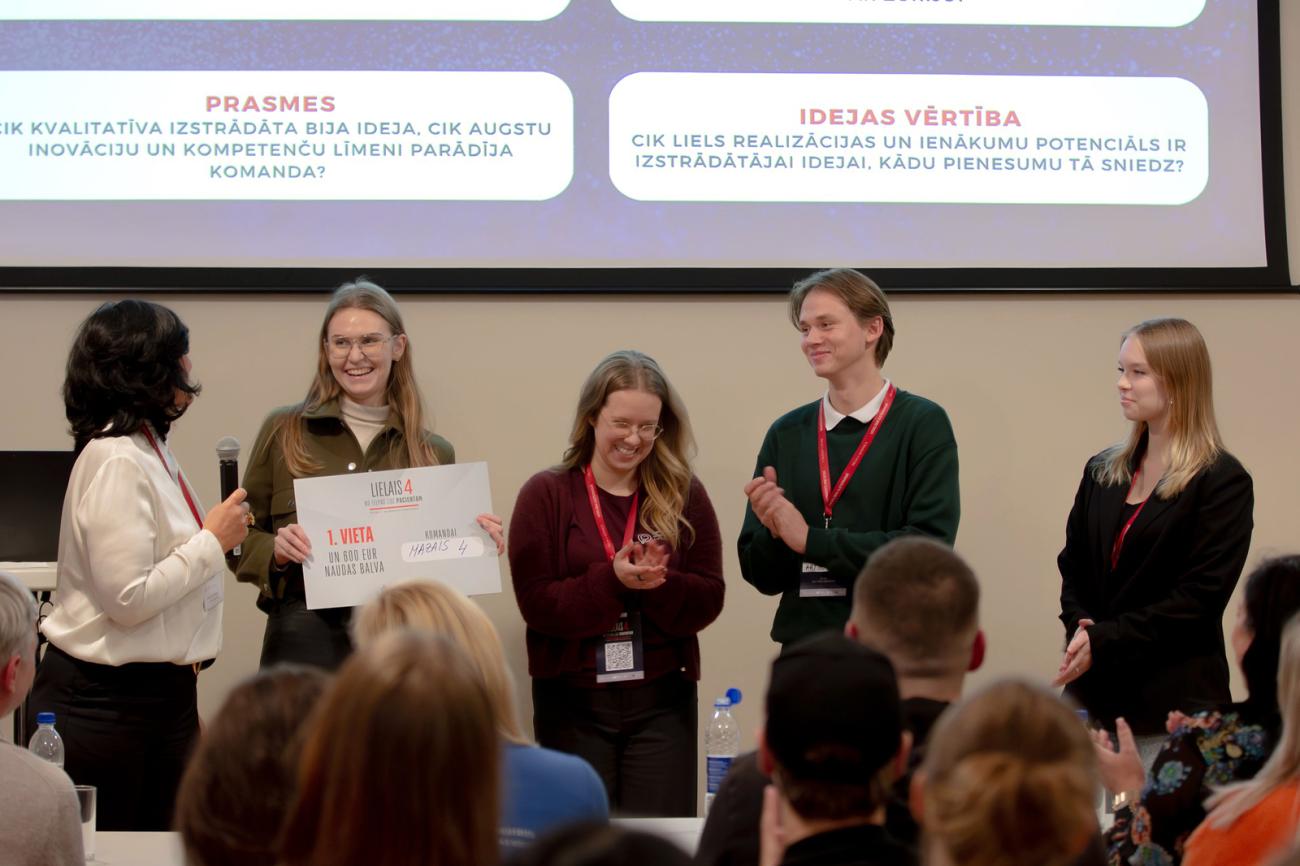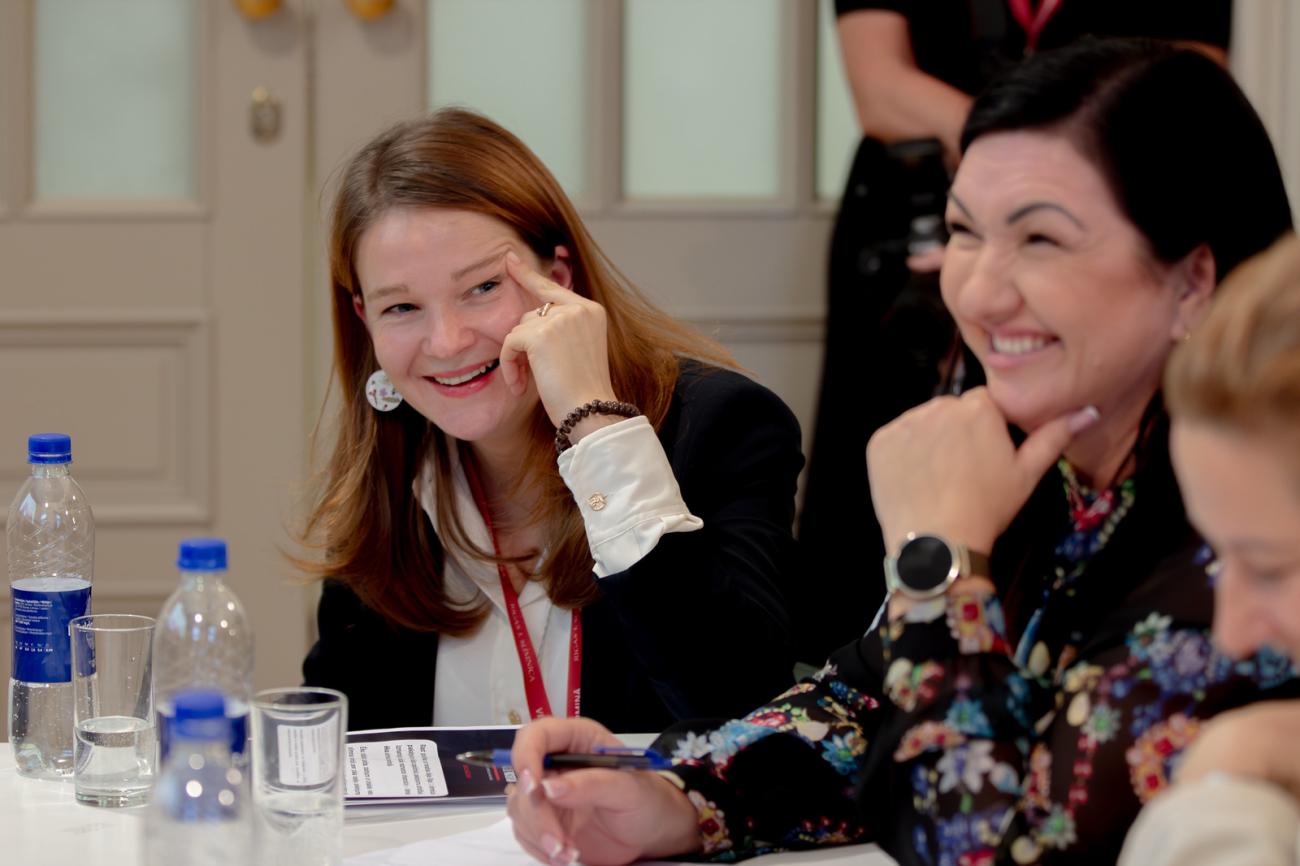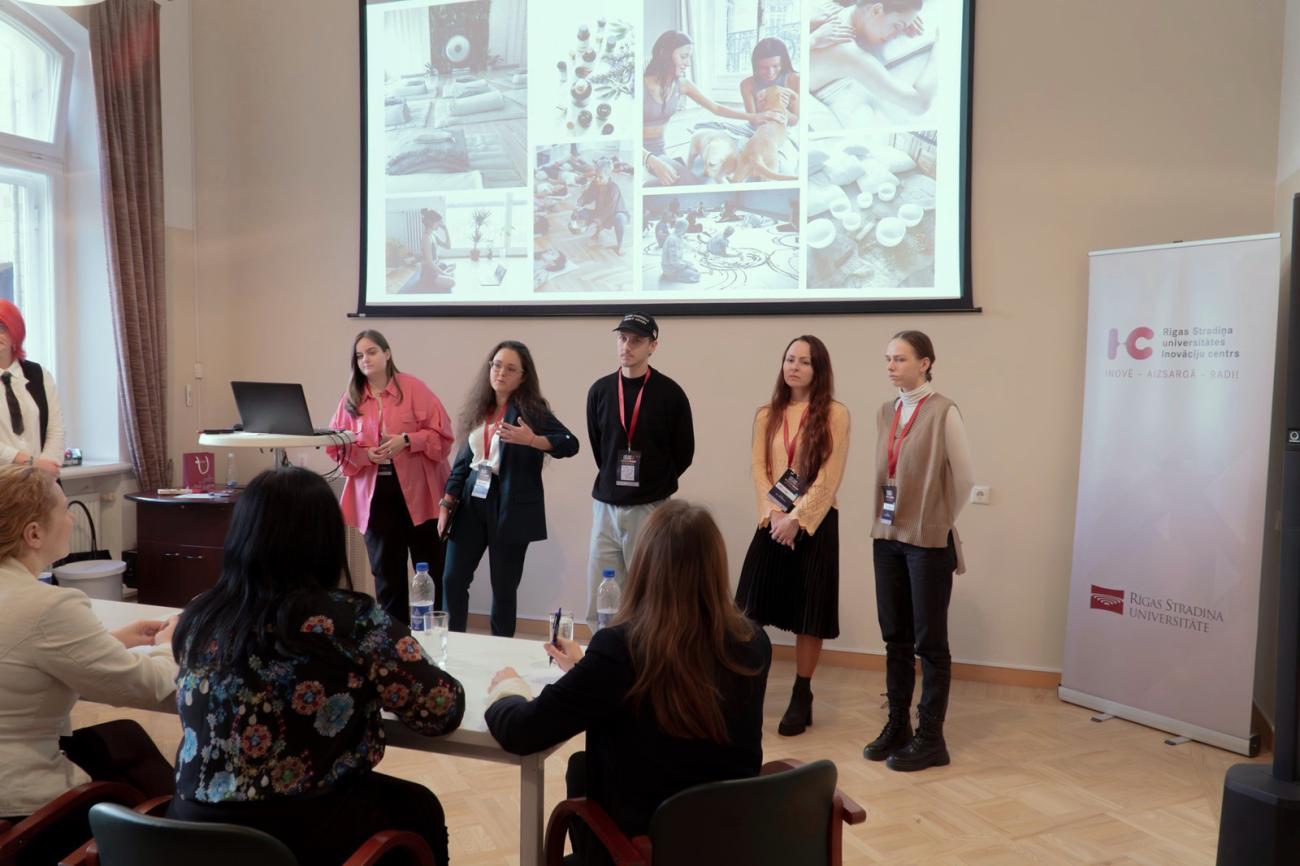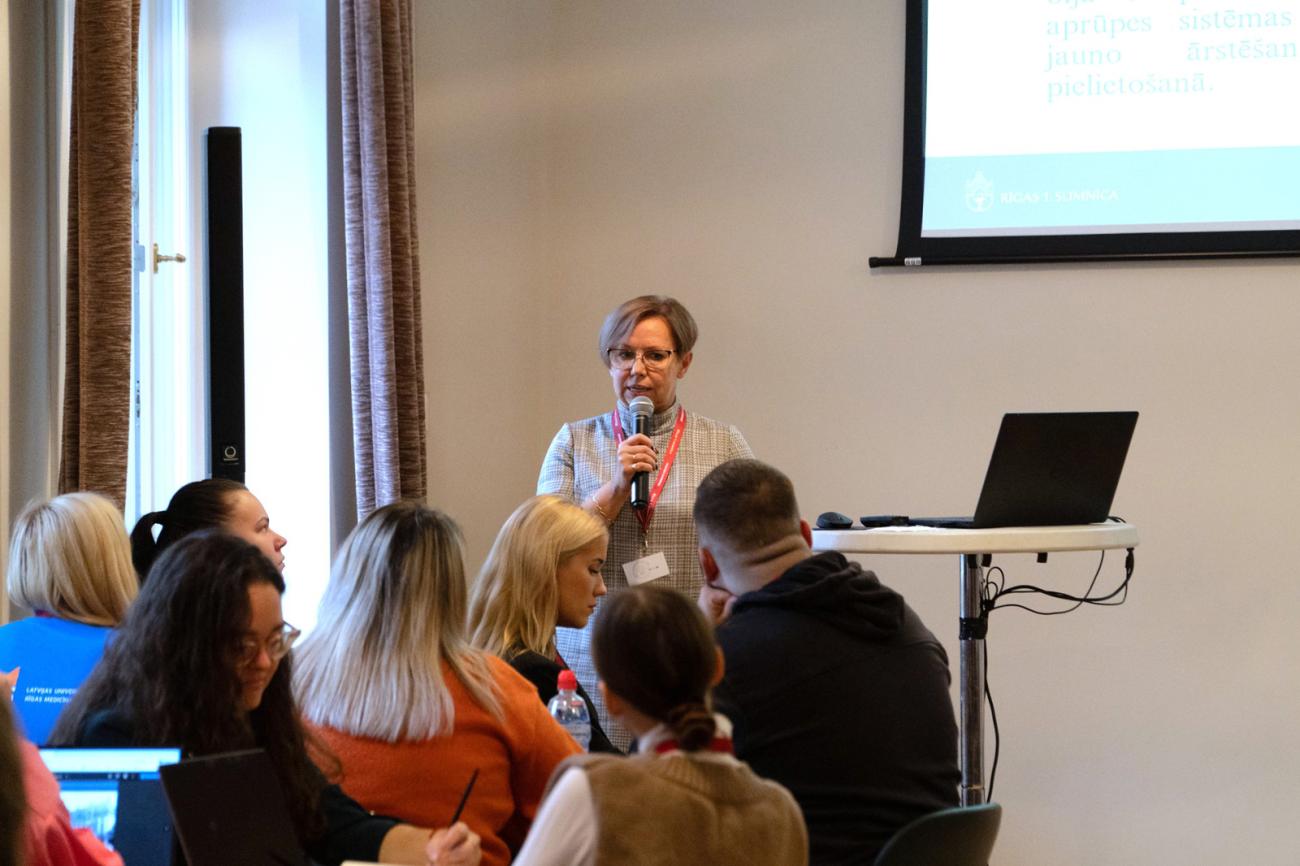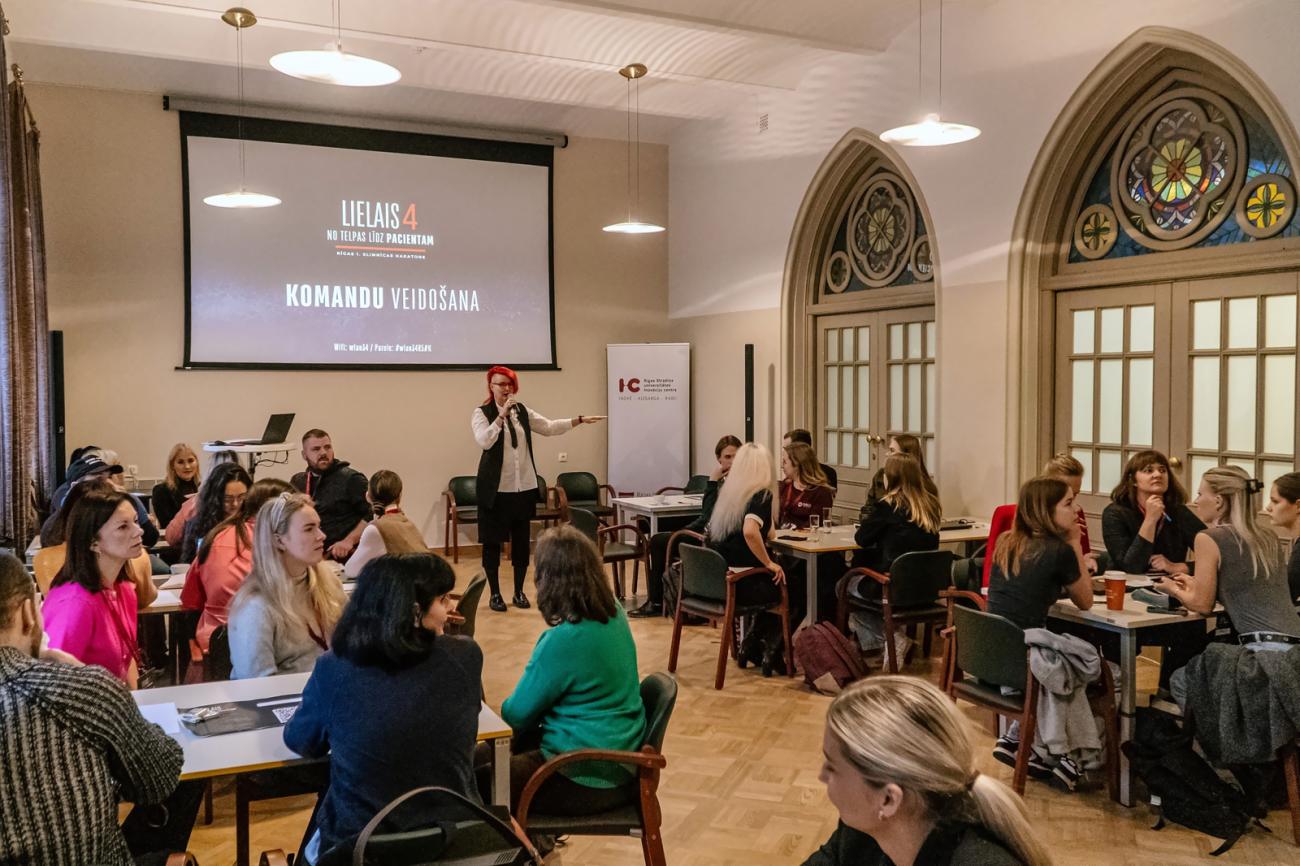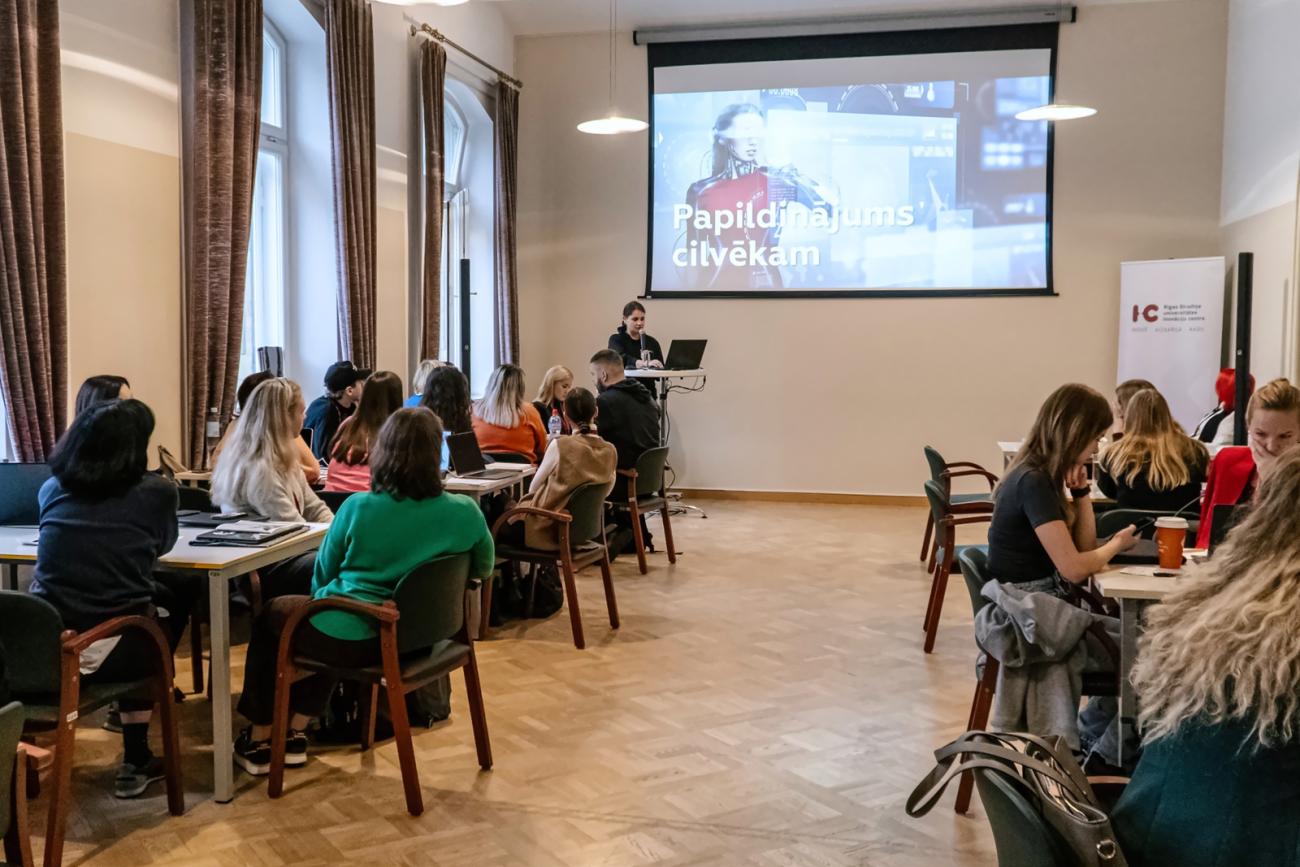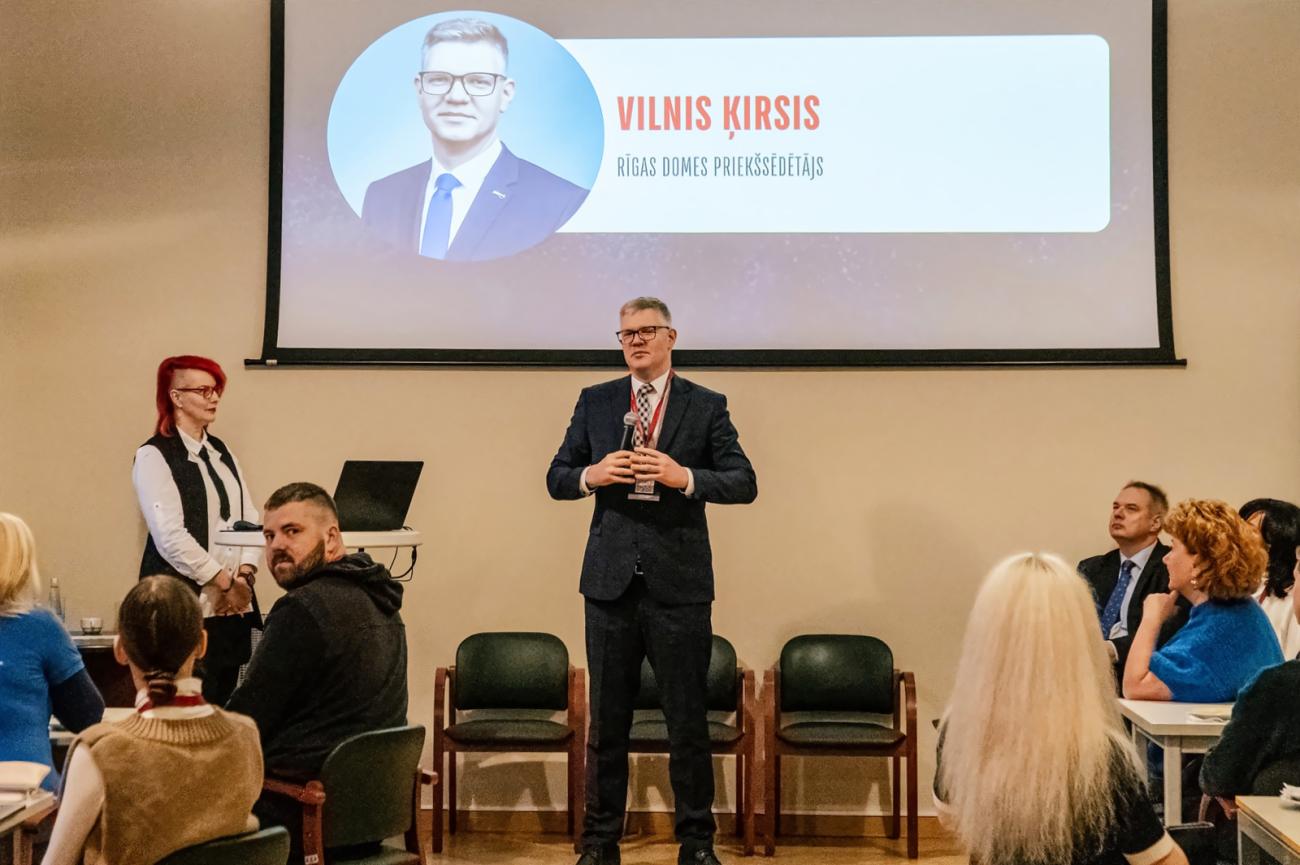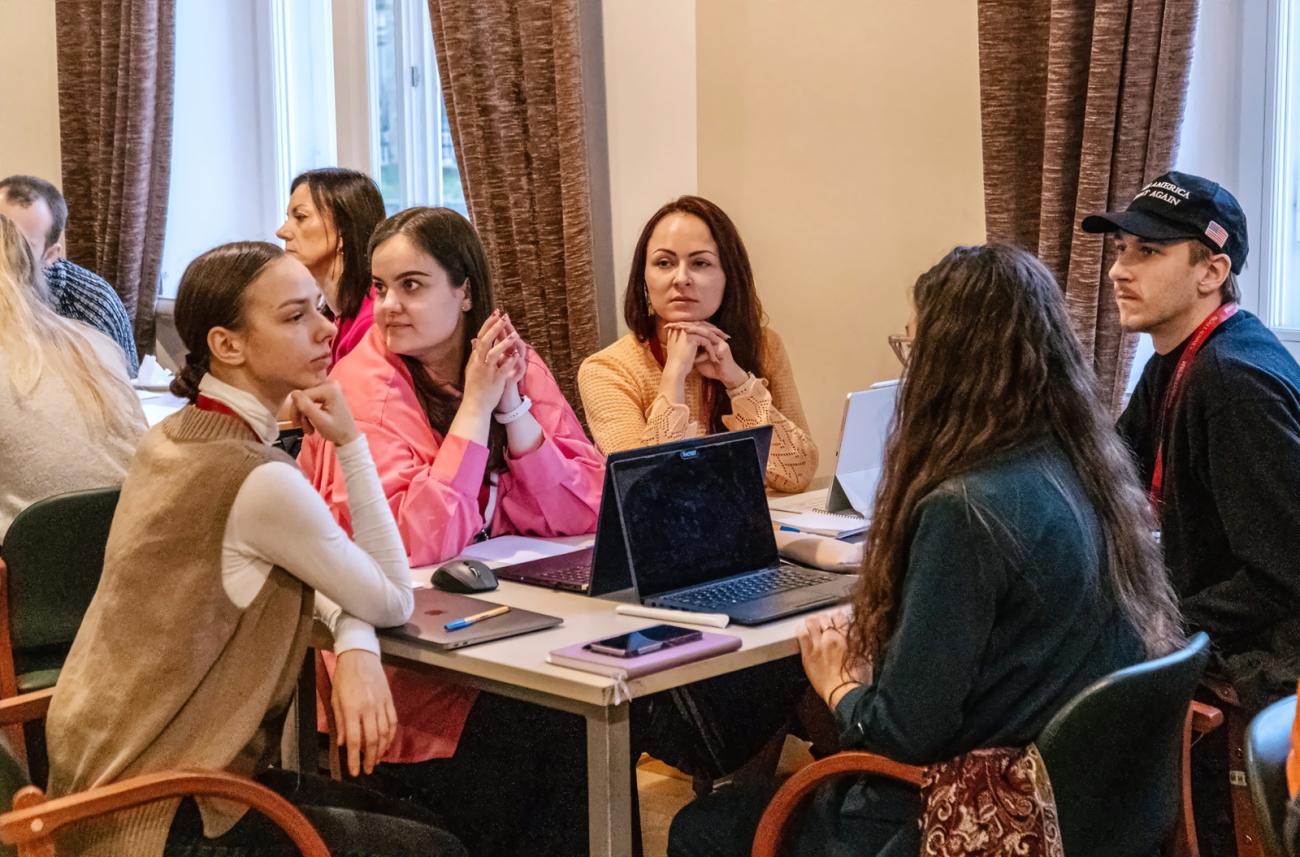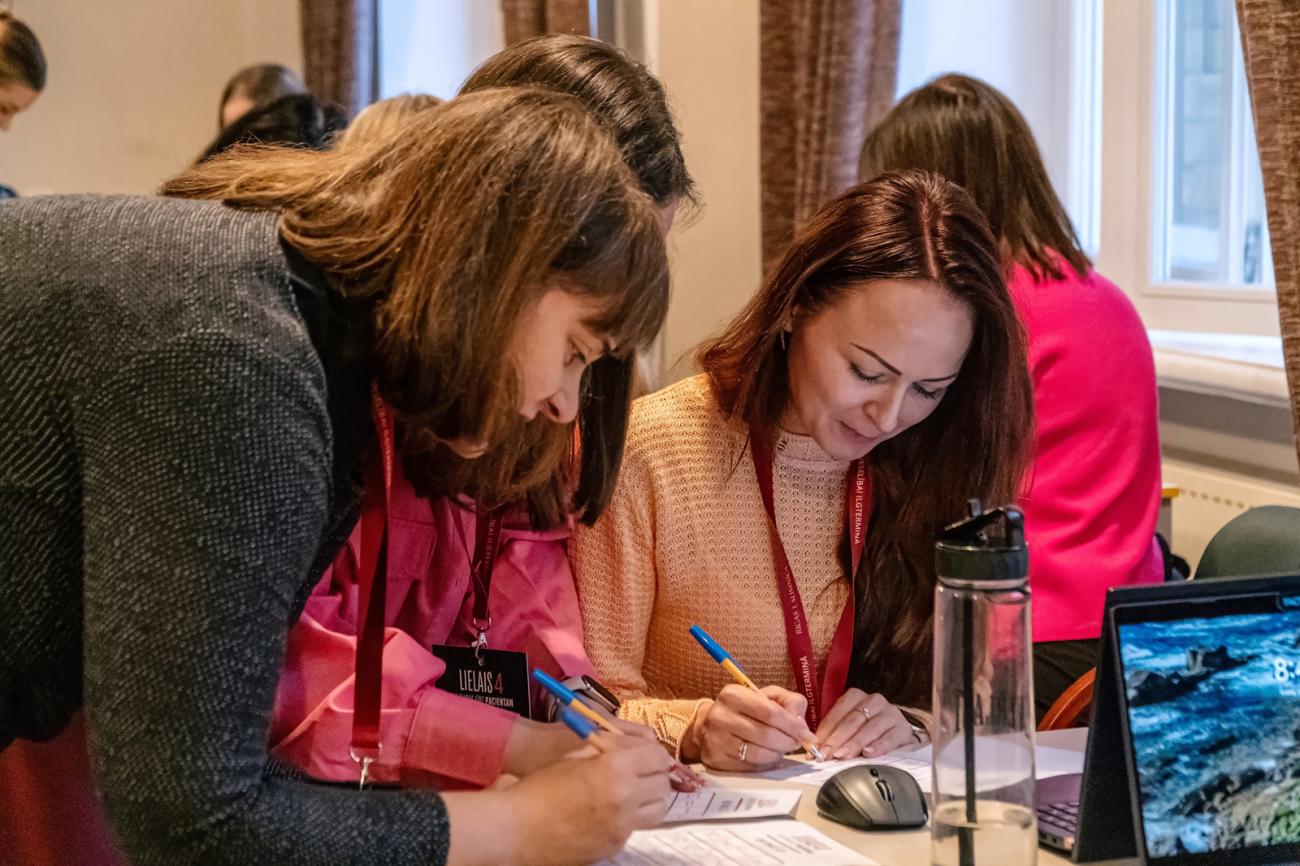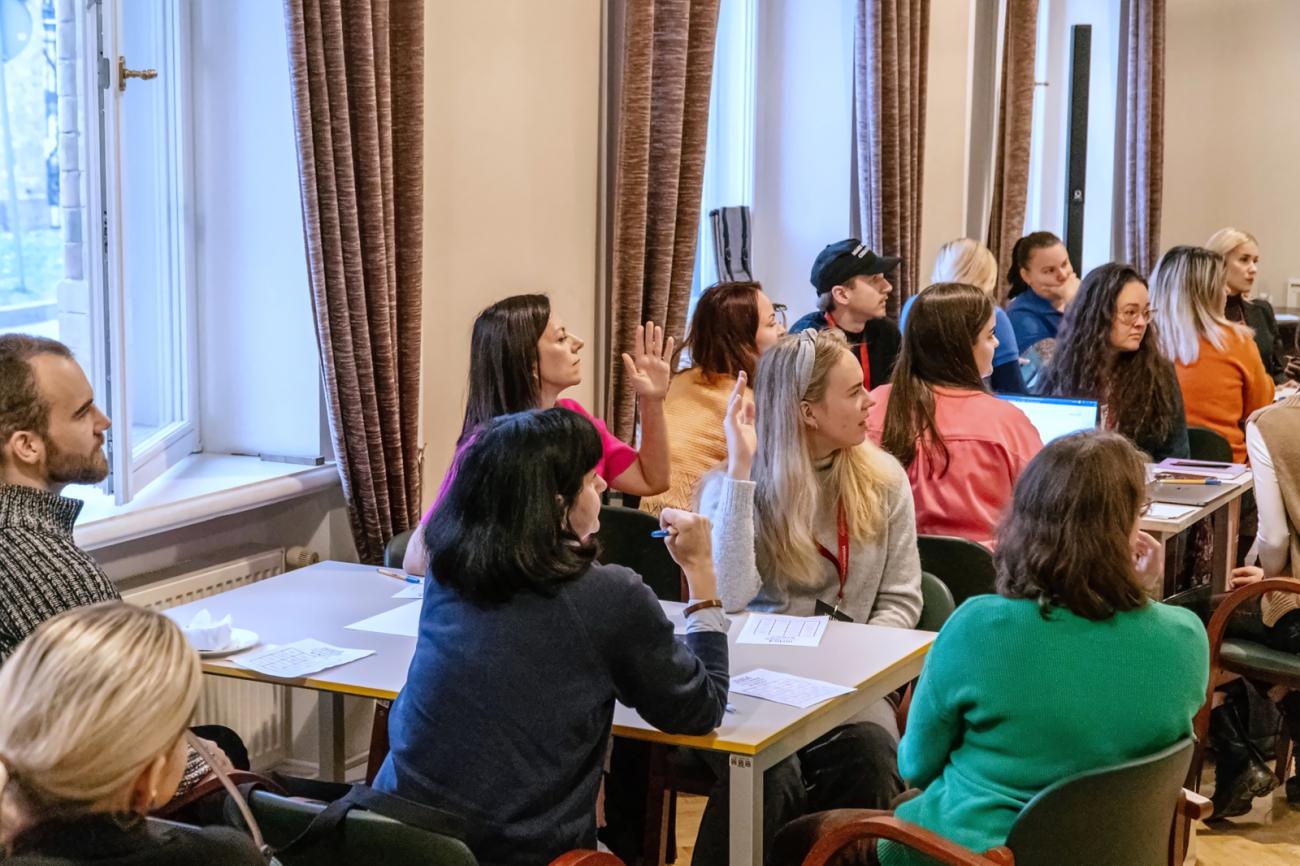RSU and Rīga 1st Hospital hackathon generates ideas for hospital service development
On 25 October, Rīga 1st Hospital hosted the hackathon 'The Big Four: from Space to Patient', which challenged teams to find uses for the four buildings of the hospital. The aim was to develop the scope of the hospital's services and improve the patient experience in the hospital.
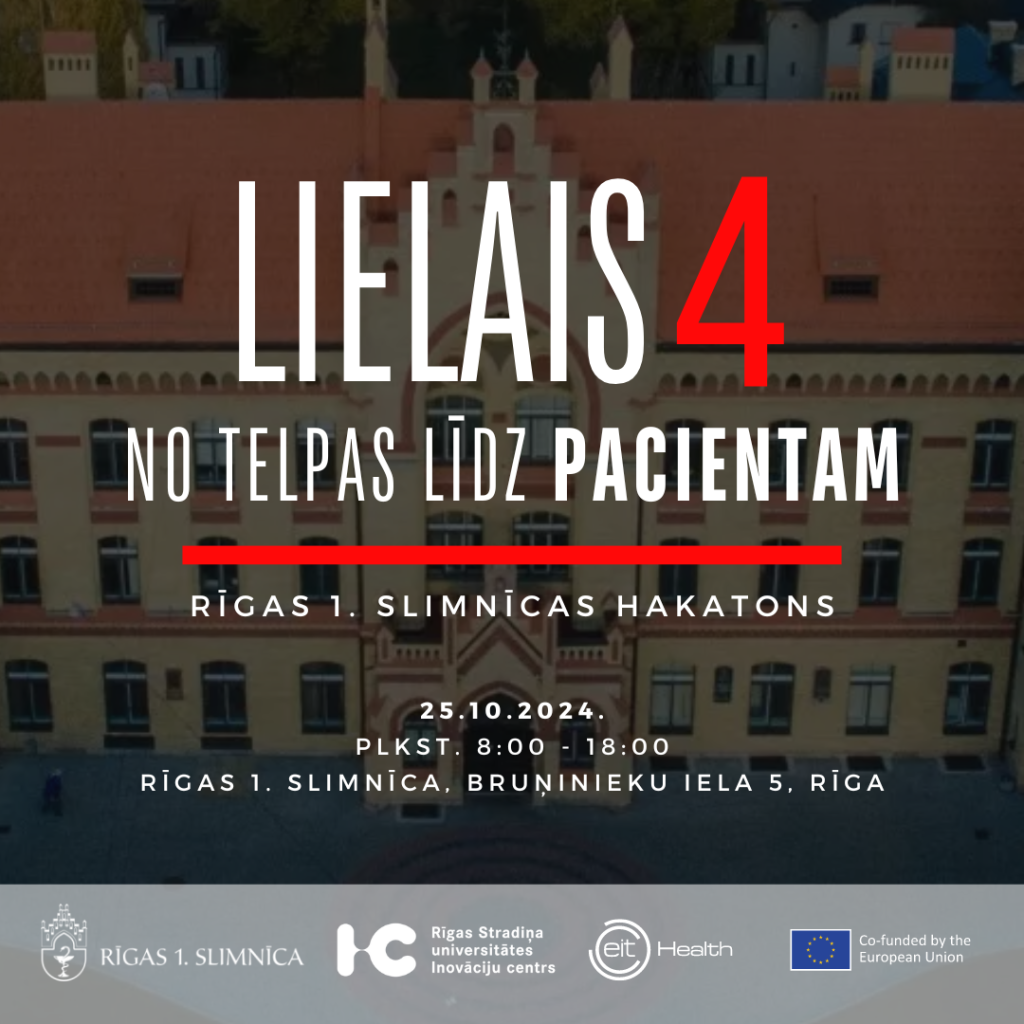
The winners of the hackathon's main prize, the team 'Mazais 4' (Small 4), presented the idea to create a 3D centre in one of the buildings of Rīga 1st Hospital. The centre would help with surgical planning, pre-operative simulations, personalised printing of implants and surgical templates. The centre would also offer a range of virtual and augmented reality services, facilitating the work of healthcare professionals and improving the rehabilitation process for patients.
The jury awarded the second prize to the team 'Rūpes dizainā' (Care in design), who proposed a solution to the problem of burnout that is so relevant in the modern world - team suggested to create a wellness centre in two of the buildings, where people could regain physical and emotional strength and relax. The team '2+2-1', which came third in the overall ranking, proposed to transform two or even three of the buildings in the complex into a garden house - a place for seniors to recuperate. The Rīga 1st Hospital garden house would invite seniors not only to exercise indoors, but also to enjoy a spacious garden and landscaped grounds.
The RSU business incubator B-Space also presented their prize at the end of the hackathon. This prize was awarded to the team 'Apjausma' (Realisation), whose proposed self-service diagnostic centre would enable hospital visitors to quickly, conveniently and at their convenience check their moles, skin condition, take tests and perform other types of initial diagnostics.
The ideas for the development of the hospital were created by 8 teams, consisting of students from different Latvian universities, healthcare professionals, entrepreneurs, innovators and representatives of other sectors. Teams had the opportunity to consult with 8 mentors who gave advice and helped them develop their ideas during the event. Elīna Lidere, LMT Innovation Ecosystem Manager, shared her inspirational story about digital twins and the role of technology in future medicine, while Luīze Madara Ziediņa, Project Manager at RSU Business Incubator B-Space, provided pitch training, helping the teams prepare for presenting their ideas to the jury.
Ideas developed during the hackathon were in their early stages and evaluated on a number of criteria, such as uniqueness, innovation, topicality and potential for medical technology development. The ideas were evaluated by professional jury, which included representatives from Rīga 1st Hospital, Riga Stradiņš University, the Ministry of Health, Riga City Council and the Latvian Network of Patients' Organisations.
Related news
 Time capsule laid at ceremony for construction of new RSU sports complexFor Students, Consolidation, For RSU Employees, Internal consolidation, Development
Time capsule laid at ceremony for construction of new RSU sports complexFor Students, Consolidation, For RSU Employees, Internal consolidation, Development
